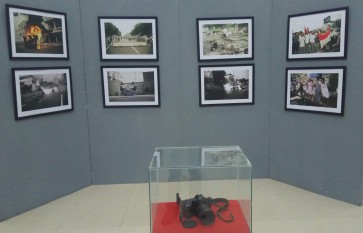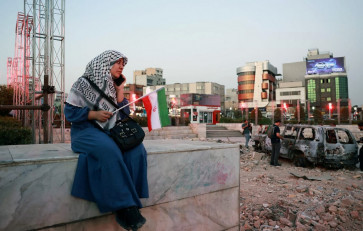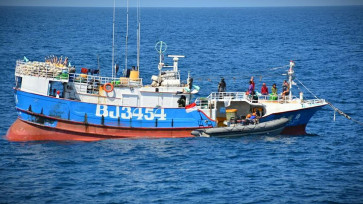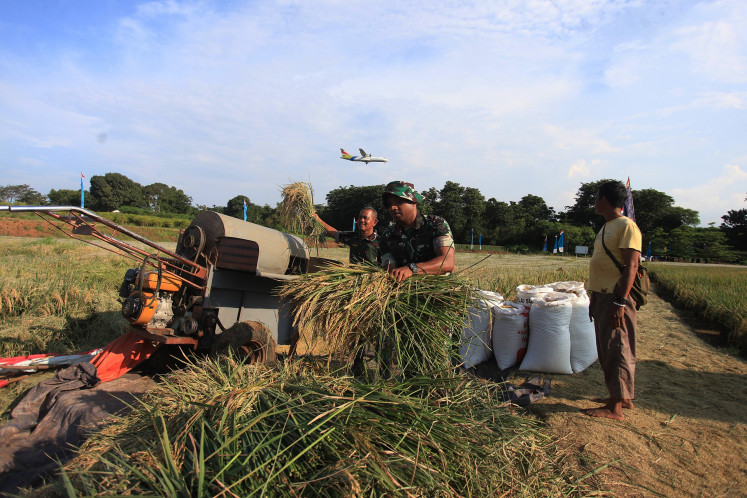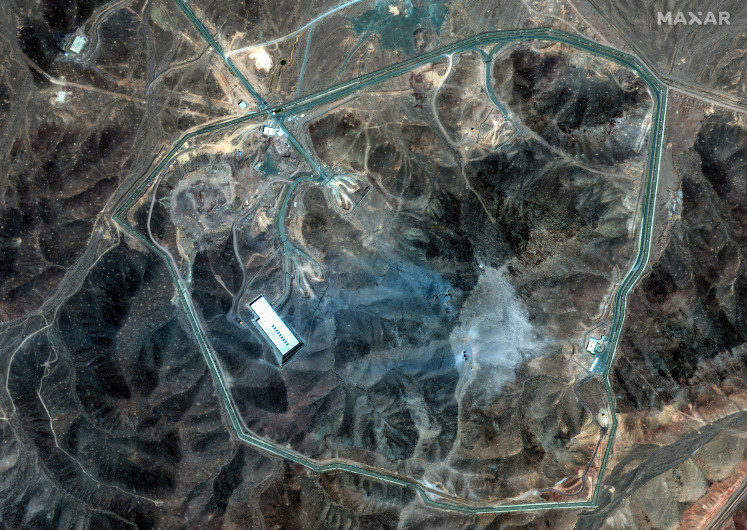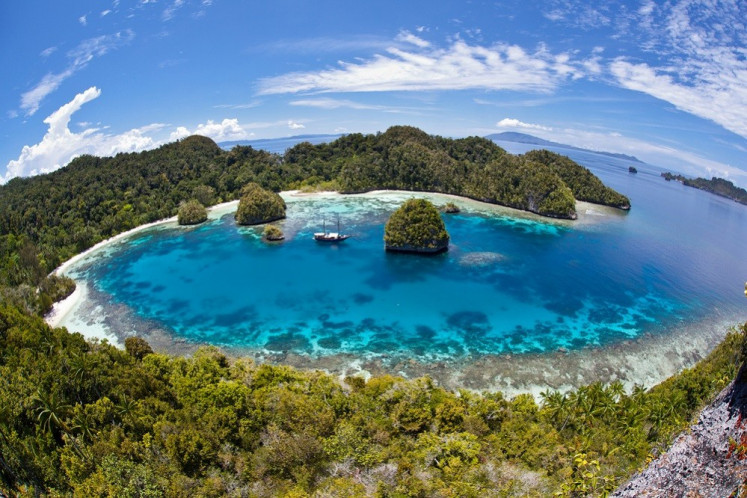Popular Reads
Top Results
Can't find what you're looking for?
View all search resultsPopular Reads
Top Results
Can't find what you're looking for?
View all search results1965 purge a gross violation of human rights
(tribunnews/Herudin) After almost four years struggling to get their voices heard, survivors of the 1965 massacre of communists finally got what they asked for as the National Commission on Human Rights (Komnas HAM) finally declared the purge a gross violation of human rights
Change text size
Gift Premium Articles
to Anyone

(tribunnews/Herudin)
After almost four years struggling to get their voices heard, survivors of the 1965 massacre of communists finally got what they asked for as the National Commission on Human Rights (Komnas HAM) finally declared the purge a gross violation of human rights.
On Monday, Komnas HAM announced that the state-sponsored purge that followed the 1965 aborted coup met all the criteria of a gross violation of human rights. The commission also said that government officials were involved in the systematic and widespread killing of the members of the Indonesian Communist Party (PKI) and countless other civilians with political ties to the group.
“Our investigation has concluded that the mass killing was organized, done systematically and widespread all across the archipelago except Papua. The killings had also featured similar patterns, starting with victims being arrested and detained in military camp, where they were interrogated, tortured, raped or murdered,” Nur Kholis, the head of Komnas HAM’s investigative team, said at a press briefing on Monday.
In a summary of the 840-page investigative report, Komnas HAM cites murder, annihilation, slavery, forced disappearances, limit to physical freedom, torture, rape, persecution and forced prostitution as types of criminal acts committed by officials from the Operational Command for the Restoration of Security and Order (Kopkamtib), then the country’s highest security authority, first led by Gen. Soeharto.
Mass killings, for instance, took place in the Gandhi area of Medan, North Sumatra; Kemarau Island in Palembang, South Sumatra; Gianyar, Bali; Moncong Loe, South Sulawesi; Maumere, East Nusa Tenggara; Buru Island in Maluku; and several other places in Java, including at the site on which Komnas HAM’s headquarters now stands.
Although, Komnas HAM declined to provide an official death toll, it noted that at least 300 people in Sragen, Central Java, were murdered on one occasion, along with another 1,000 in Maumere and 600 in Surabaya.
Komnas HAM also found that at least 11,500 individuals were forced into slavery on a number of prison islands, including Buru and Moncong Loe Islands, where they were also tortured. The report also found that around 41,000 individuals were forced to leave their homes.
“I don’t think the numbers represent the actual situation because they are what we could find. Please remember that the incidents took place many years in the past and it is difficult to get some of the details. But this does not mean that the numbers are not significant,” Nur Kholis said.
Komnas HAM has also concluded that former president Soeharto and other Kopkamtib officials were the most responsible for systematically organizing the anti-communist purge.
Investigative team member Kabul Supriyadi said that Komnas HAM had submitted its report to the Attorney General’s Office (AGO) on July 20, recommending it to conduct further investigations.
Komnas HAM also recommended the establishment of a Commission for Truth and Reconciliation (KKR).
“The President can actually step in and intervene because of the sensitive nature of the case. On behalf of the state, he can, for instance, publicly apologize to all victims and survivors. The President can also rehabilitate the rights of the survivors as many of them lost their positions at governmental institutions because they were labeled as communists,” he said.
A survivor of the 1965 purge, Bedjo Untung, said that he would continue fighting for the closure of the case and would now push the AGO to demand that prosecutors investigate the crime.
“I’m worried that the AGO will ignore Komnas HAM’s findings and recommendations, just like in many other investigations made by the human rights commission,” said Bedjo, who was incarcerated 1967 without a proper trial.

